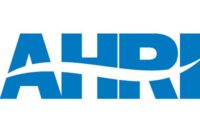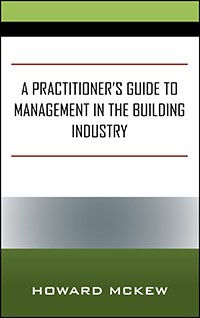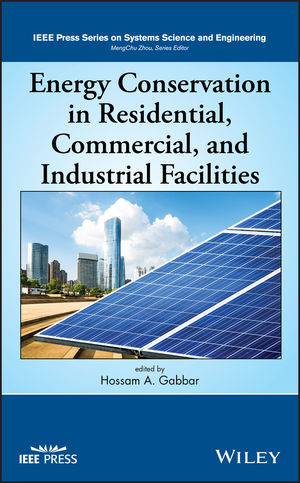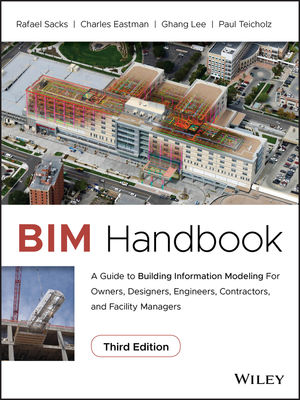The U.S. District Court for the Northern District of California granted the Air-Conditioning, Heating, and Refrigeration Institute's (AHRI) motion to intervene as a defendant in two identical federal lawsuits. One of the suits was filed by the Natural Resources Defense Council, Sierra Club, Consumer Federation of America, and Texas Ratepayers' Organization to Save Energy; the other by eleven states and one city.
AHRI said it filed its motion to intervene in order to protect its members' interest in a proper interpretation of the Department of Energy's (DOE) Error Correction Rule. According to AHRI, plaintiffs in these two actions seek to narrow the scope of the Error Correction Rule, and to use the rule improperly to limit DOE's discretion to correct or reconsider proposed rules before they become final.
"We are pleased that the court has granted us intervenor status in this important case," said AHRI President and CEO Stephen Yurek. "The Error Correction Rule resulted from our settlement with DOE in prior litigation, and it is critical that manufacturers are represented in any proceedings that would determine DOE's ability to modify or withdraw pre-published rules."
The lawsuits seek to mandate that DOE finalize four pre-published energy efficiency rules — including energy efficiency standards for commercial packaged boilers — that were released at the end of the Obama Administration. With the change in administration and the subsequent imposition of a regulatory freeze during a 45-day required public review period mandated by DOE's Error Correction Rule, several of the draft rules have not yet been published in the Federal Register.
District Judge Vince Chhabria has ordered the plaintiffs to file a consolidated complaint by Sept. 8, and then for AHRI and the government to file a consolidated answer by Sept. 22. He has also ordered all parties to attend a case management conference.
The Error Correction Rule was published in 2016 as the result of a settlement of AHRI's lawsuit against DOE pertaining to walk-in cooler and freezer standards. The rule requires DOE to pre-publish proposed rules at least 45 days before they become final to allow parties to submit proposed corrections. AHRI and its industry partners have advocated a broad interpretation of what constitutes an "error," warranting reconsideration of the substance of a pre-published rule, and they contend that DOE has broad authority to modify or even withdraw proposed rules before they become final. In the suits, however, the plaintiffs argue that, under the Error Correction Rule, pre-published rules can only be changed to correct typographical errors or mathematical mistakes and must be published at the close of the 45-day review period.
"We believe these cases raise important issues about regulatory certainty for manufacturers and stakeholder engagement in DOE's rulemaking process," said Yurek. "We look forward to briefing the issues and working with all the parties in these cases to ensure that our members' views are represented."







